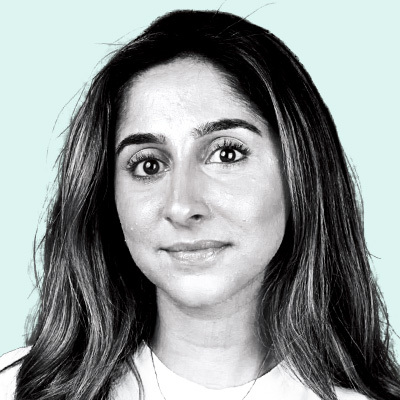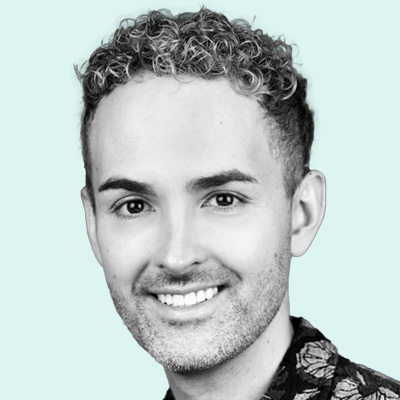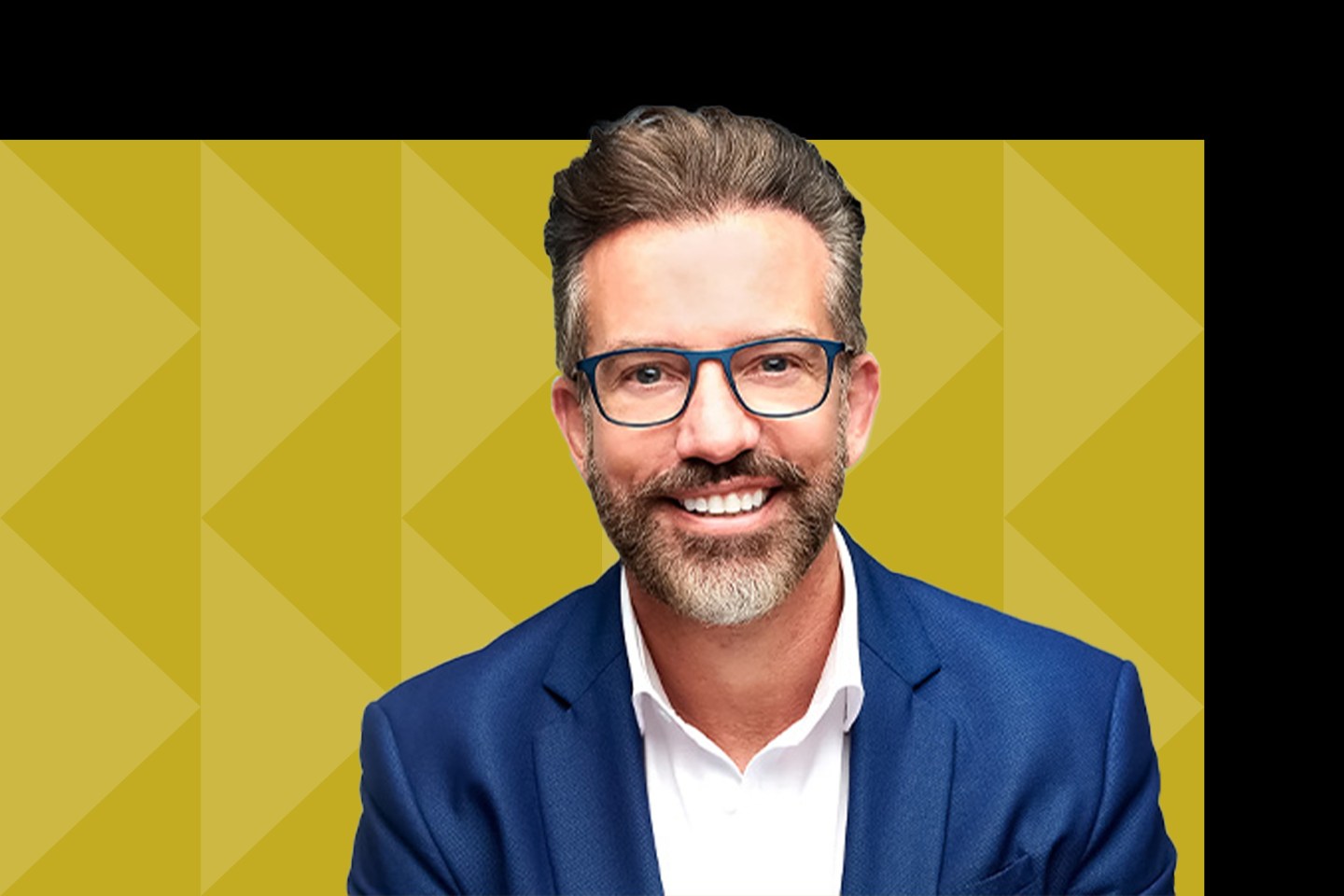CEO Agenda provides unique insights into how leaders think and lead and what keeps them busy in a world of constant change. We look into the lives, minds and agendas of CEOs at the world’s most iconic companies.
When Iñaki Ereño assumed the role of Group CEO of Bupa in 2021, the global healthcare landscape was being rewritten in real time. At the helm of a company serving over 60 million customers worldwide, Ereño faces the challenge of transforming a large and established organization into a faster, more agile, and digitally enabled provider of care.
Founded in 1947 with the purpose of helping people live “longer, healthier, happier lives,” Bupa is more than a health insurer: It builds hospitals and dental centers, offers global private medical insurance, and invests heavily in digital health.
Ereño’s mission? To wake the sleeping giant. Through what he calls the “elephant strategy,” the 61-year-old CEO has sought to digitize the business, embed customer-centric listening (including 300,000 annual detractor calls), and align a global workforce of around 100,000 people behind a single agenda. “The elephant is now running and the majority of the people know the elephant is running. We keep reminding everyone: don’t let the elephant go back to sleep,” he says.
465
Bupa’s rank on Fortune 500 Europe
A self-described “fanatic of the digital economy,” Ereño believes technology will define the next era of healthcare. Bupa has accelerated its use of AI and virtual platforms such as Blua, launched initially in Spain, to connect doctors and patients digitally and make consultations faster, smarter, and more personal.
In an interview with Fortune, Ereño discussed his evolution from lawyer to retailer to healthcare CEO, explained how his triathlon training anchors his leadership, and why, for him, productivity isn’t just about profit—it’s about delivering better care, faster.
This interview has been edited for length and clarity.
Down to business
Fortune: Walk us through your career journey.
Ereño: My background is in law, and very quickly I realized I didn’t want to be a lawyer. So I did an MBA and moved into corporate life. I view my life in three distinct periods. For one period of my life, I worked as a retailer. In another, I was an entrepreneur, and in the most recent period, I have worked in healthcare.
I joined Bupa 20 years ago in Spain [in Spain, Bupa is called Sanitas]. I joined Sanitas and was appointed CEO of Sanitas, and in 2012, I was appointed CEO [of a regional division within Bupa]. My evolution has progressed from my initial role as marketing director of Sanitas, then CEO of Sanitas, followed by CEO of a region, and finally Group CEO. It’s been a bit of a journey.
What was your role in the digital shift?
Covid was a huge challenge for all healthcare systems. For Bupa, we realized that our healthcare system was not digitized enough. Health can be digitized. I was in the executive team of Bupa for many years and that was my big fight: We needed to digitize the business more quickly. [Since then] it’s been a bit of a journey.
After Covid, we started calling ourselves the “sleeping elephant,” and so we built a strategy called the “elephant strategy.” I remember I went to the board with one slide: an elephant asleep on the left, an elephant waking up in the middle, and an elephant running on the right, with a big arrow from 2020 to 2024. We needed to wake up.
The elephant is now running, and the majority of the people know that the elephant is running. We keep reminding everyone: Don’t let the elephant go back to sleep.
What are you most proud of in the last five years?
In every presentation, we highlight the Triangle of Performance. At the top of the triangle is Financial Performance, supported by the two other sides: Customer Performance and Employee Engagement. We need to be good at all.
Customers are very important. We have 25 businesses in various countries that follow the same pattern. We map businesses by micro movements, and every year we do 300,000 detractor calls asking customers: “Why don’t you like us?”
Every year, we measure the results in terms of customer experience improvement and we take this very seriously. There is a lot of engineering work and logistics involved in making this happen.
We also have a team of 100,000 people. You’d assume that all of them have health coverage provided by Bupa—especially since we are Bupa. But that was not the case.
[Despite the fact] that it would cost around 50 million pounds to do this [it was essential that our own employees] have health coverage provided by Bupa. Now in the Bupa world, every employee is supported by Bupa.
We try to find out why we are not good, and work on it.
Which long-term trend are you most bullish or positive about for society and the economy at the moment?
The digital economy. We [Bupa] started a bit late but we’re catching up very quickly. We’re now fully digitized in all countries. Blua [is an example], which Bupa launched years ago. I like the digital economy and am a fanatic because it will help health.
When you look at Europe versus the U.S., how do you think people like yourself in a leadership role can address the productivity challenge?
Bupa and the whole healthcare industry are currently more focused on growth. We [believe we] are productive, but it’s not at the top of our mind. We think about how we can be more productive so that our customers will be happier and better served, rather than thinking about, “how can we make more money?”
We’ll be implementing an AI generative project where, instead of taking seven minutes for a doctor to see you [and understand who you are and what your issues are], it will take 30 seconds. So in 30 seconds, a doctor will be able to see you and a consultation that usually happens in maybe 15 minutes will now take only 30 seconds. This is the productivity we care about and is the productivity that has a positive impact on our customers.
Being productive
When do you get up in the morning and what sets up your routine for the day?
I don’t sleep that much and usually wake up around 6 a.m. and I start reading the newspaper. I read three Spanish newspapers, the FT and the Economic Times. I have my first coffee, take a shower, go to the office, and normally am in meetings by 8 a.m.
Sports have always been a big part of my life. I’m into triathlons and usually go to the gym with my youngest son, who lives with me in London. We go to the gym together, go to the supermarket, buy dinner (we usually go to an Amazon Fresh store or Whole Foods), have dinner, and then go to bed. I live a fairly basic life and it works for me.
What kind of coffee do you have in the morning?
I have a black coffee in the morning, a double espresso. When I share [my coffee intake] with doctors, they say maybe too much, Iñaki! But I can share this with you.
So I start with a double espresso, and then I have another one in the office with a little bit of milk, like a cortado. Then, after lunch, I have another cortado. I know it’s a lot of coffee.
Do you check back in later in the evening? Are you working over the weekend?
I might sound a bit naive, but I like the job I do and I like my company. I don’t feel like I need to be disconnected. When I am away on holiday, I take my mobile phone with me and I’m checking emails. I’m paid well, I have an [important] job and we’re a big company, so I need to stay connected.
Do you have any apps that you use, or any methods that you use to be as productive as possible?
I use [most digital tools], to be honest, but I’m not mega techy.
I used to take notes with a notebook and pencil, but not anymore, because one day I realized that it was taking me more time. I asked myself, “How many times have you come back to your notes?” and it was zero. So I stopped. I prefer to be present and in listening mode.
Getting personal
Who is on your personal board and who inspires or motivates you?
I work with a coach whom I met a few years ago. He is 75, very wise, and a member of my personal board. I have a Chief Executive Committee; there are always people that you tend to call more when you have a problem or need good advice. I also have people on my team that I can call. I have great conversations with my son. We all need people who really care.
Do you have a favorite company that you admire and why?
I love Amazon. Whole Foods is also fantastic.
What is your favorite cuisine to cook and to eat?
I eat too much, but thank God I enjoy exercising. I like all types of food, including a big steak, good paella, and seafood. I also like sweet food and desserts. My coach taught me to be kind to myself and I have learnt over the years to be kind to myself. If I want to eat ice cream, I will enjoy my ice cream.
CEO Agenda provides unique insights into how leaders think and lead, and what keeps them busy in a world of constant change. We look into the lives, minds and agendas of CEOs at the world’s most iconic companies. Dive into our other CEO Agenda profiles.














